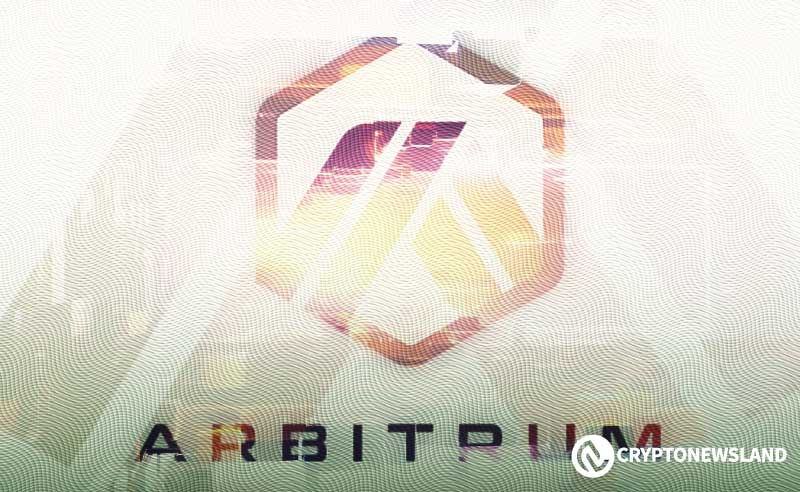- The Arbitrum DAO’s proposal received 91% approval from over 25,000 participants to enhance ARB token utility through staking.
- Less than 1% of ARB tokens are actively used in the ecosystem, prompting the need for improved governance and participation.
- The staking initiative includes a Karma Score for active delegates, aiming to strengthen security and align token holder interests.
Arbitrum DAO recently approved a proposal designed to enhance the ARB token’s utility and strengthen governance security. Over 25,000 participants engaged in the on-chain voting process, with 91% endorsing the initiative.
Enhancing Token Utility through Staking
The new proposal enables ARB token holders to stake and delegate their tokens, receiving a liquid staked ARB token, or stARB, in return. The token will serve as a representation of their stake and will support auto-compounding rewards, restaking, and integration with decentralized finance applications. The initiative plans to utilize Tally’s liquid staking token system, customized for Arbitrum’s governance and fee collection processes.
Governance and Security Improvements
The proposal aims to address the ARB token’s current underperformance, largely due to governance issues. Presently, less than 1% of ARB tokens are actively engaged within the ecosystem, and voter turnout has decreased since the DAO’s inception.
The new staking mechanism also seeks to mitigate potential governance attacks. With 16 million ETH in surplus fees accumulated from Arbitrum One and Nova, the treasury has become an attractive target for malicious actors.
Active Delegates and Karma Score
The system will define active delegates using a Karma Score, which considers Snapshot and on-chain voting statistics, along with forum contributions. The DAO retains the authority to modify the Karma Score formula and set the minimum score for eligibility in staking rewards. The staking system will reclaim voting power if stARB is placed in restaking, DeFi, or centralized exchange contracts that lack a 1:1 delegation ratio.
Modular Implementation and Future Integration
The proposal outlines a flexible implementation, accommodating future upgrades and integrations with other staking systems. This adaptability ensures the staking mechanism aligns with the protocol’s evolving needs.
The estimated costs for implementation amount to $200,000 in ARB tokens, covering smart contract development, system integration, and security audits.
The update signifies an essential step for Arbitrum, aiming to boost token utility, enhance ecosystem involvement, and secure the network. By promoting staking and active delegation, the DAO intends to increase engagement, improve security, and align token holder interests with the protocol’s long-term goals.
